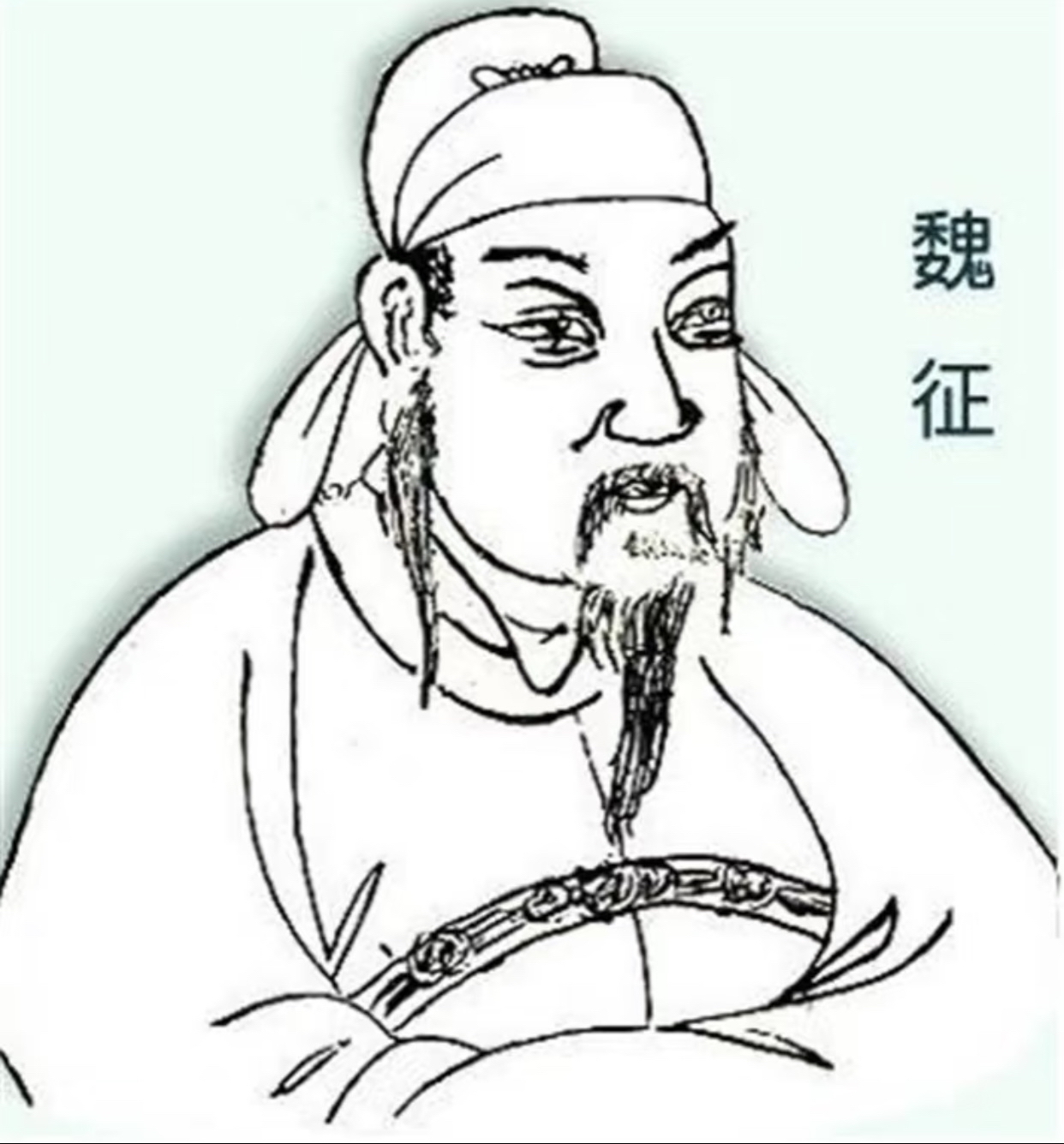What is the truth behind Zhu Di’s arrest of Taoists and nuns all over the world? Interested readers and history encyclopedia editors, let’s take a look together!

Ming Taizu Zhu Yuanzhang was born in Buyi and grew up in poverty. In order to survive in turbulent times, he spared cows for landlords, worked as a small beggar, became a monk, and spent half his life homeless and wandering. Fortunately, the outbreak of the peasant uprising changed his fate. He successfully transformed from a small role into the founding emperor of the Ming Dynasty. Because of his own hardships, every time he recalls the difficult years of his reign, he cannot help but sigh. However, although he was injured alone, if anyone dared to share their experiences with him, especially the story of becoming a monk, they would be really bored! Even if one does not die, they will be sentenced to death. After all, in Zhu Yuanzhang’s heart, the word ‘monk’ was the most shameful experience of his life. And the monks also went through a very difficult period because of this incident.
However, surprisingly, the Ming dynasty territory that should have belonged to the Crown Prince Zhu Yunwen was taken by Yan King Zhu Di. And it was the monk whom Zhu Yuanzhang despised who helped Zhu Di control the country! History seems to have played a joke on Zhu Yuanzhang, but at the same time, it also played a joke on Zhu Di. Because after Zhu Yuanzhang hated monks, Yan King Zhu Di actually hated Taoists and nuns very much!
In 1420, Emperor Chengzu of the Ming Dynasty, Zhu Di, suddenly issued a decree. Require the arrest of female Taoists and nuns from all over the country, and send specialized personnel to the capital for individual interrogation to verify their identities. Such a large-scale edict has caused damage to many Taoist temples and nunneries, and has also broken the long-standing peace between Buddhism and Taoism. Why is Zhu Di so angry and frustrated? All of this is related to a woman! At that time, Zhu Di defeated Zhu Yunwen and proposed to relocate the capital. This was already a major project, but Zhu Di was simultaneously working on multiple tasks and preparing to advance together. The construction of the Grand Canal led to a large number of civilians being conscripted, many of whom died during their service. Among them, the father of Tang Sai’er, a commoner, was recruited by the government. Although I have never died from overwork, life is also unbearable.
Later, Tang Saier’s husband was killed by the government while begging for food, causing her father to die of anger and her mother to fall seriously ill, all of which became the source of Tang Saier’s resistance beliefs. Under her uprising, many poor people joined the resistance against the government. They defeated the Ming army in their first battle and captured the military stronghold of Qingzhou, greatly boosting the morale of farmers and soldiers. Afterwards, peasant uprisings swept through several states and counties, with the largest number of troops even reaching 20000. However, the peasant army was still unable to compare with the army that had gone through life and death trials. After being brutally suppressed, the peasant uprising also ended in failure. However, although the army defeated the peasant army, Tang Saier and other rebel leaders have been difficult to capture and have disappeared without a trace.
=
The poor performance of the imperial army angered Zhu Di greatly. The delay in seeing Tang Saier and others led him to turn his attention to nuns and Taoists. In order to completely eradicate Tang Saier, Zhu Di ordered the arrest of Taoist priests and nuns across the country twice, but they were never found to be alive.



